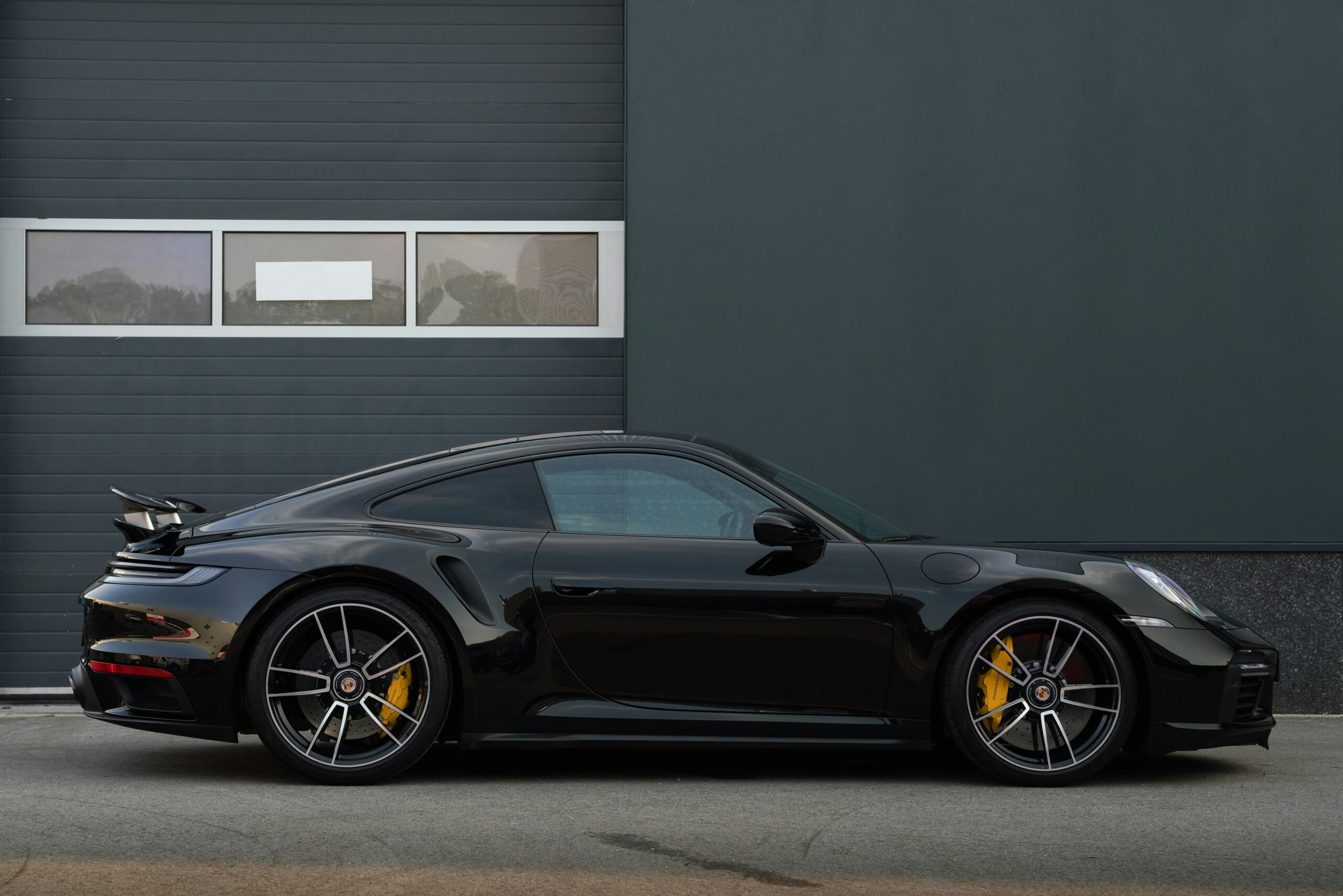Are Hypercars Overrated? Why a Well-Tuned Porsche 911 Still Beats a $2M Showpiece
For decades, hypercars have been the crown jewels of the automotive world. Brands like Bugatti, Koenigsegg, and Pagani push performance limits with jaw-dropping horsepower, exotic design, and stratospheric price tags that can climb past $2 million. They dominate headlines and YouTube reviews, promising blistering acceleration and lap times that seem untouchable. But for all the flash, an important question lingers: are hypercars really worth it for most drivers? Or is a well-tuned Porsche 911—one of the most versatile sports cars ever built—a more realistic benchmark for what high performance actually means?
Contents
The Allure of Hypercars
There’s no denying the engineering brilliance of hypercars. A Bugatti Chiron can rocket from 0–60 mph in under 2.4 seconds thanks to its quad-turbocharged W16 engine. A Koenigsegg Jesko Absolut is designed to chase 300+ mph. These machines aren’t just cars; they’re rolling laboratories for cutting-edge aerodynamics, hybrid drivetrains, and exotic materials like carbon fiber and titanium.
The problem is that these features often exist more for bragging rights than practical driving. Hypercars live in garages, on racetracks, or in the hands of collectors. Their extreme performance can’t be legally tapped on public roads, and their price tags and maintenance costs make them unattainable for all but a sliver of enthusiasts.
Why the Porsche 911 Still Matters
The Porsche 911, in contrast, has been perfecting the art of balance since 1964. Unlike hypercars designed to shock and awe, the 911 is engineered to be lived with. A base Carrera today offers around 379 horsepower, but the magic isn’t in raw numbers—it’s in usability. You can daily-drive a 911, park it at the grocery store, and then carve mountain roads with handling that feels telepathic.
Tuned properly, the 911 becomes even more of a weapon. Enthusiasts upgrade suspension setups, exhaust systems, and ECU maps to squeeze out track-level performance while maintaining reliability. A well-sorted 911 Turbo S can deliver 640 horsepower, launch to 60 mph in 2.6 seconds, and still handle long road trips in comfort. The difference? You don’t need a billionaire’s bank account or a private racetrack to enjoy it.
Performance Beyond the Numbers
Here’s where the argument against hypercars sharpens: real performance is about connection, not statistics. A McLaren Speedtail may touch 250 mph, but how many owners ever experience that? On the other hand, a tuned Porsche 911 offers performance you can actually use—launching onto freeway ramps, attacking corners on a weekend drive, or running consistent laps at a local track day.
The 911 also has a unique blend of heritage and evolution. While hypercars are often one-off experiments, the 911 represents decades of refinement. Porsche’s motorsport pedigree bleeds into every model, meaning even the “entry-level” versions have DNA tied to Le Mans victories.
Value, Reliability, and Legacy
Another point often overlooked is value. Hypercars depreciate quickly once the hype fades, and their upkeep can rival the cost of a new luxury car annually. Meanwhile, 911s tend to hold their value remarkably well, with special editions and air-cooled classics appreciating significantly. More importantly, Porsche offers a level of reliability and serviceability that hypercar manufacturers simply can’t match at scale.
Owning a 911 is not just about speed—it’s about legacy, community, and accessibility. Car clubs, track events, and tuning shops worldwide revolve around the 911, making it a living part of car culture instead of an isolated, museum-piece novelty.
The Verdict
Hypercars will always have a place in the automotive ecosystem. They inspire innovation and push the boundaries of what’s possible on four wheels. But for drivers who want performance they can actually experience, the Porsche 911 remains the benchmark. With its balance of speed, usability, and heritage, a tuned 911 offers thrills that no $2 million hypercar kept behind velvet ropes ever could.
Sometimes, the true measure of performance isn’t how fast a car can go in theory—it’s how much joy it gives you behind the wheel. And on that front, the Porsche 911 continues to outpace the hypercar hype.

